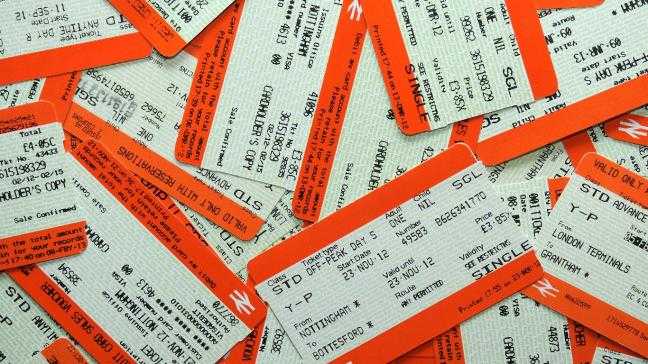As students, we inevitably have to use the railway system at some point. Whether it’s the long commute back home for Christmas or just being too lazy to walk into town, but with yet another increase in fares, how can we afford to do so? Train fares have just increased by an average of 3.1%. To put this into perspective, examples of increases in annual season tickets include £148 for Brighton to London (from £4,696 to £4,844) and £100 for Manchester to Liverpool (from £3,152 to £3,252). As real pay has fallen over the last decade, British rail fares are now growing more than three times faster than our wages!
The “reason” for this increase is apparently to cover the day-to-day running costs of the railway. However, last year Virgin Trains managed to share £51.2 million of dividends with its shareholders. At the same time, passengers are struggling to find a seat with trains taking more than double their capacity. It’s no surprise that the ordinary traveller is outraged at having to pay even more for a very poor service. To top this all off, punctuality of services is at an all-time low. In the past 12 months, one in seven trains were delayed by at least five minutes, meaning that delays are the worst they have been since 2005. It seems as if daily commuters are struggling to pay increased prices for inferior service, in order to line the pockets of billionaires.
There is a little bit of hope at the end of the tunnel with the introduction of the new 26-30-year-old railcard, meaning that young people and recent graduates can continue to benefit from discounted prices after the age of 25. The transport secretary, Chris Grayling, claims this record investment in the rail network will help passengers get the “frequent, affordable and reliable journeys they deserve”. But with the increase of prices being an annual occurrence, is this really enough?
In order to prevent escalating price increases, Labour has called for the railways to be reverted to public ownership. The party also believes that prices should be frozen for the worst performing routes. This will certainly remove the grossly over-profiting aspect of how the system is currently managed. But at a time when the government can’t even decide on how to leave EU, it seems issues like these are simply overshadowed. Considering that the industry is benefiting from a £10 billion a year passenger revenue stream, in addition to further government investment, the rail industry should have sufficient funding to provide an adequate service for travellers. From a business perspective, this turning point provides the perfect opportunity to find innovating new solutions to improve services. However, instead of operating for the good of the many, rail companies prioritise the profits of the few: shareholders are seemingly motivated by the greed and the welfare of commuters takes a back seat.
For the time being, we will likely see little change in how the system is run. Considering this, here are some top tips to avoid pricey train fares. If you miraculously know that you’re travelling 12 weeks in advance, that’s when fares are usually at their lowest. For longer trips you can try and split up your fares; apps like TrainSplit can help with coordinating train times and finding the best deals and sometimes two single tickets can be cheaper than a return. Unfortunately, it’s up to us to try and find the best deals because the rail industry won’t be helping us anytime soon.
Shona Augustinus

